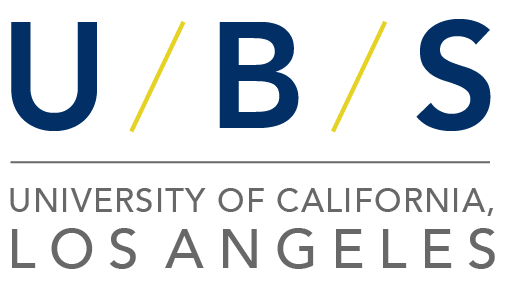Etiquette for Networking events: best practices
Dress Code
Before you say a single word to a recruiter, you have already made a strong impression to him or her based on your attire. It is important that you are well-groomed and present yourself in a polished and professional way, appropriate for the industry for which you are interested in. Below are generally accepted guidelines for the Business Professional dress for these events:
Men
Full suit in conservative color
Tie
Dress shirt
Dress shoes that are well-polished
Women
Suit, skirt, or pantsuit in conservative or neutral color
Skirt at a conservative length, at or below the knee
Business blouse that is well-fitted and not too revealing
Hair, makeup, and jewelry should be simple and conservative
Your clothing should be ironed, well-fitted, and comfortable so you look relaxed and at ease during the session. Additionally, you do not want to look flashy or inappropriate, as you want to make a professional impression.
Do
Make sure your clothes fit well
Bring a padfolio/ folder for resumes
Wear socks, shoes, and belt that are consistent with the theme of the suit (if applicable)
Don’t
Wear a baggy, long, or too tightly fitting suit
Wear a backpack (Jansport style)
Wear clothes that are too flashy, ostentatious, or brand intensive
Arrive Early
When it comes to recruitment etiquette, showing up around 10-15 minutes early for an interview is generally considered the best practice. Arriving early not only shows respect for the recruiter’s time but also demonstrates your enthusiasm and commitment. Here are some guidelines:
1. Aim to Arrive 10-15 Minutes Early
This is the sweet spot—not too early to inconvenience your host, but early enough to settle in, gather your thoughts, and make a positive first impression.
2. Use the Extra Time Wisely
Take a few minutes to review your notes, observe the company culture, and mentally prepare. Avoid using your phone or engaging in distracting activities.
3. If You Arrive Too Early, Wait Nearby
If you find yourself more than 15 minutes early, consider waiting in a nearby café or your car. Arriving too early can create pressure on the interviewer to accommodate you sooner than planned.
4. Plan for Potential Delays
Account for traffic, parking, or security check-ins. It’s better to wait nearby than to rush in late.
5. Announce Your Arrival Politely
Once you enter the building, greet the receptionist or front desk staff courteously. Mention your name, the purpose of your visit, and who you are meeting. This sets a professional tone from the start.
Be Professional
Professionalism is crucial in making a positive and lasting impression during the recruitment process. It reflects your work ethic, respect for others, and readiness for the role. Here’s how to maintain professionalism during an event or throughout an interview:
1. Demonstrate Confidence and Positivity
Approach the interview with a confident and enthusiastic attitude. Greet the interviewer with a smile, introduce yourself clearly, and engage in a firm handshake. A positive and approachable demeanor helps build rapport and shows that you are genuinely interested in the opportunity.
2. Mind Your Body Language
Maintain good posture, offer a firm handshake, and make eye contact. These non-verbal cues convey confidence, respect, and attentiveness.
3. Communicate Clearly and Respectfully
Speak clearly, listen actively, and avoid interrupting the interviewer. Use polite language and maintain a positive, respectful tone throughout the conversation.
4. Stay Off Your Phone
Ensure your phone is on silent or turned off before the interview begins. Checking your phone or receiving notifications during the interview is unprofessional and distracting.
5. Exhibit Gratitude and Courtesy
Thank the interviewer for their time at the beginning and end of the interview. A follow-up thank you email further demonstrates your appreciation and professionalism.
Questions
Ask meaningful questions about what you want to know, rather than trying to make yourself stand out. Here are some general dos and don’ts that can help you form the best questions:
Do
Ask about things you are interested in
Ask questions that will allow you to distinguish one firm from another
Ask about the recruiter’s personal experiences at the firm (projects, team environment, etc.)
Don’t
Ask questions you could have found the answer to with a little research
Ask questions trying to impress
Ask questions about another firm
Good Examples
What skillset do you think you developed most at your time at [Company]?
What was the most memorable project/deal you have worked on at [Company]?
What made you choose this company/industry?
Bad Examples
What does a consultant do?
What is your opinion about the trade war with China?
Final Notes
Ask for a business card/LinkedIn at the end of the conversation if possible.
Make an effort to take notes on what you talked about after the conversation is over. Don’t take them during the conversation as this could come across as rude.
Keep in mind that these are suggestions based on past experiences and recruiter feedback. Following these tips will make you look sharp at these events, but being yourself is how you really stand out.
Enjoy yourself!
Best of luck! Just remember that all of these individuals were once students, just like you, so they understand what you are experiencing. Be your confident self and enjoy the opportunity to explore your career interests and internship prospects!
